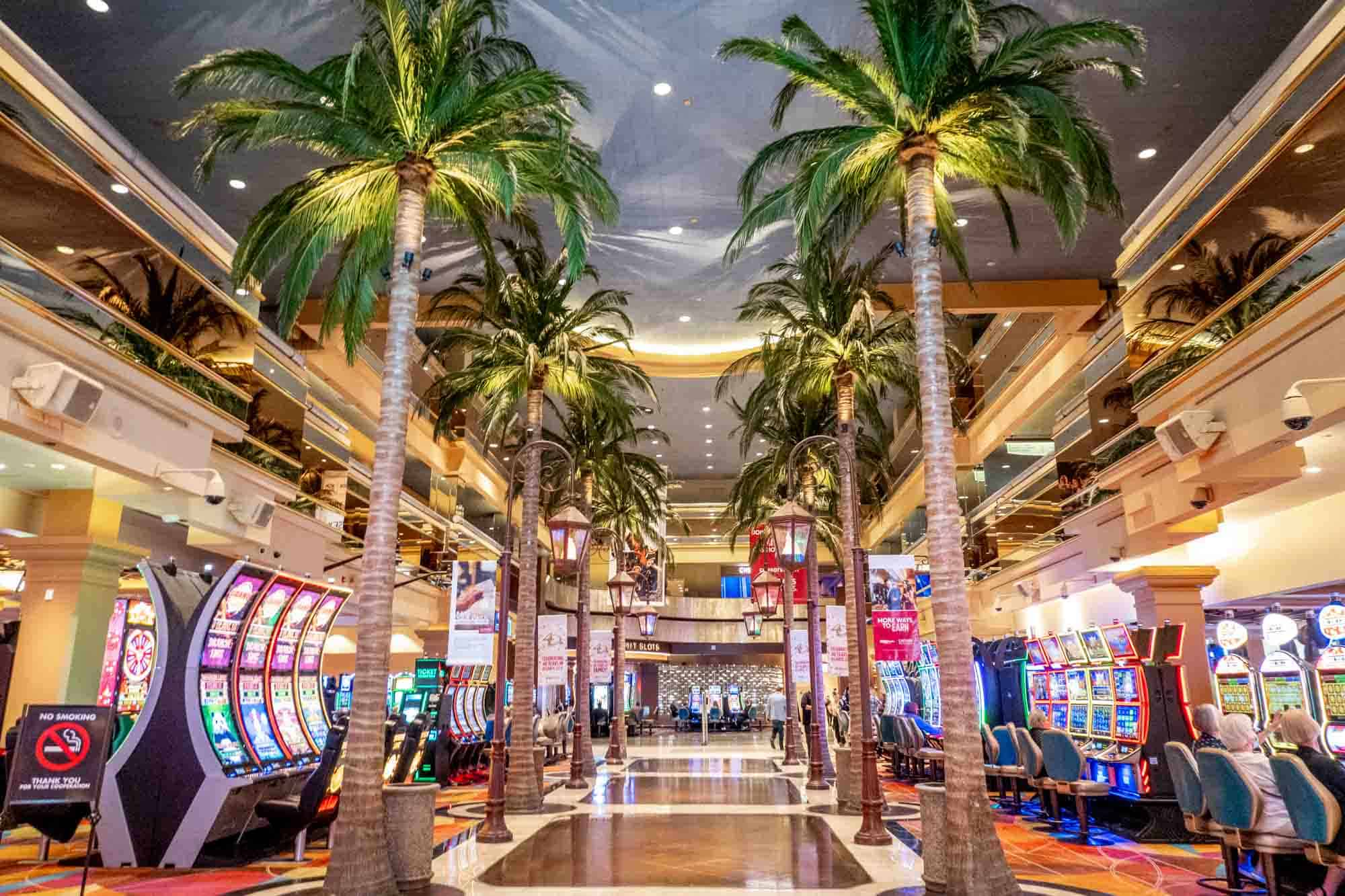Casino games have long been a fascinating entertainment option, drawing millions of players from different cultures around the globe. From the glitzy casinos of the Strip to the thriving gambling halls of Macau, these games serve as a bridge that unites people across various backgrounds. The allure of chance, skill, and uncertainty entices not only those hoping to gamble for profit but also those seeking a sense of community.
The significance of casino games extends far beyond the gaming floor. They often represent the values and beliefs of the societies in which they flourish. Games such as poker, 21, and the wheel game have embedded themselves into the tapestry of cultural phenomena, influencing multiple fields from cinema to fashion. nổ hũ mmlive As we explore this fascinating intersection of gambling and life, we can comprehend better how gambling games shape and are shaped by the surrounding world.
Historical Evolution of Casino Activities
The roots of casino activities can be tracked back to ancient cultures, where betting in multiple forms was widely engaged in. In the East, around 2300 BC, a type of gambling known as Keno was well-known, while in ancient the Roman Empire, soldiers would often wager on the outcomes of their games. The idea of using luck for fun and gain evolved over the centuries, leading to the formation of more organized activities. By the late Middle Ages, betting houses began to surface in Europe, particularly in Italy, which presented early versions of popular activities still played today.
As gambling increased popularity in European regions, the 17th and 18th centuries saw the appearance of gambling establishments as exclusive establishments for gambling. The earliest official gaming venue, the Ridotto, was set up in the city of Venice in the year 1638, offering games like the game of Baccarat and Faro games. This time marked a significant shifting point, as gaming venues started to welcome not just the high society but also the expanding middle-tier society. The refinement of activities grew, leading to the creation of new guidelines and variations that enriched the gaming experience.
In the 19th century, the industrial revolution and transformations in social conventions further transformed the terrain of gaming games. mmlive The launch of roulette and modern one-armed bandits pulled in a broader clientele, and gambling establishments became seen as legitimate entertainment. This period witnessed the international spread of gaming, as casinos spread from Europe to the Americas, culminating in the establishment of the famous Las Vegas Strip in the 20th century. The evolution of casino activities has persisted into the modern era, incorporating new technologies and digital services, making them accessible to a universal market.
### Cultural Importance across Various Cultures
Casino activities have deep-rooted social significance across a multitude of societies throughout the globe. For instance, in Las Vegas, the very core of the city is woven around gaming venues, where gambling is not just a recreational activity but a fundamental aspect of social engagement and social interaction. The bright lights and lively atmosphere attract millions, showcasing how casino games can impact local economies and local cultures. This setting transforms the notion of recreation into an engaging encounter that shapes fashion, melodies, and even movies.
Conversely, some cultures view wagering with more caution, considering it through the lens of ethical beliefs and customs. For example, in numerous Oriental cultures, games like Mahjong and Pai Gow Gambling are steeped in history and carry significant social implications. These games are often played during meetings and celebrations, fostering collective connections and strengthening familial ties. The act of participating in these games goes above mere amusement, reflecting principles such as honoring elders and the significance of shared enjoyment.
Meanwhile, in European countries such as Monaco and Rome, gambling activities serve as symbols of luxury and sophistication. The elegant atmosphere of these establishments attracts both travelers and native inhabitants, maintaining a sense of distinction and exclusivity. The art of Texas Hold’em and the tactical components of games like banker’s game are appreciated, influencing community relationships and creating an attraction that fascinates a varied audience. This highlights how gambling can simultaneously mirror and shape cultural attitudes towards danger, benefit, and relationship building.
Financial Influence and Travel Industry
Gambling activities play a significant role in the financial context of many areas, particularly those that rely heavily on visitor traffic. The revenue generated from gambling establishments fuels local economies, creating employment opportunities not only within the casinos themselves but also in related sectors such as hotel management, restaurant services, and entertainment. This influx of tourists, drawn by the allure of games and the overall casino experience, stimulates spending across multiple businesses, contributing to the economic health of the area.
The presence of casinos often leads to the development of infrastructure, including hotels, public transit, and recreational facilities. These improvements are essential in improving the overall visitor satisfaction, making locations more appealing to visitors. Additionally, many casinos invest in local communities through support of activities and charitable initiatives, further embedding themselves into the social fabric of the region. Such contribution not only supports economic growth but also fosters a positive reputation of the casino industry.
Furthermore, the worldwide appeal of casino games drives tourism competition, with regions vying to attract gamblers from around the world. Iconic locations like Las Vegas and Macau have become synonymous with gambling culture, drawing millions each year. This competitive edge encourages creativity and diversification within the gaming industry, influencing developments in entertainment and hospitality that resonate beyond their borders. The ripple effects of this visitor influx extend far, impacting local financial health and cultural exchanges on a worldwide scale.
